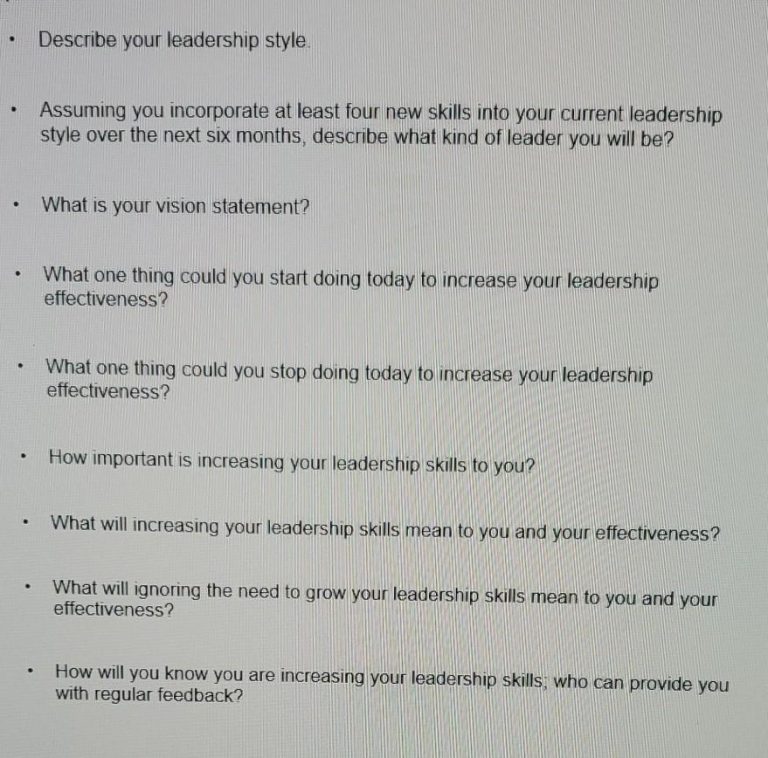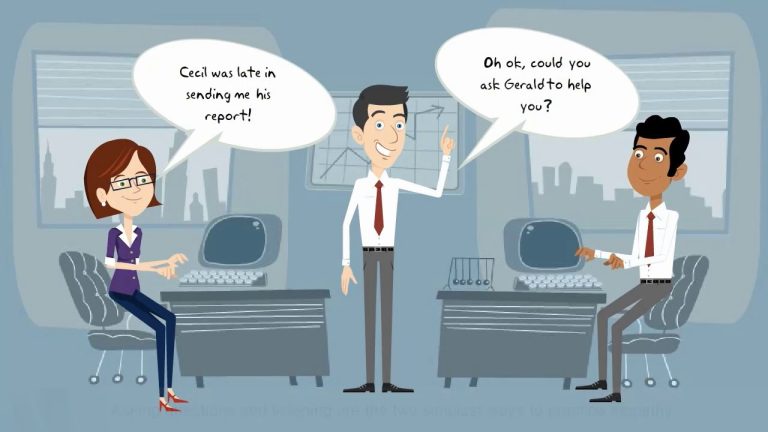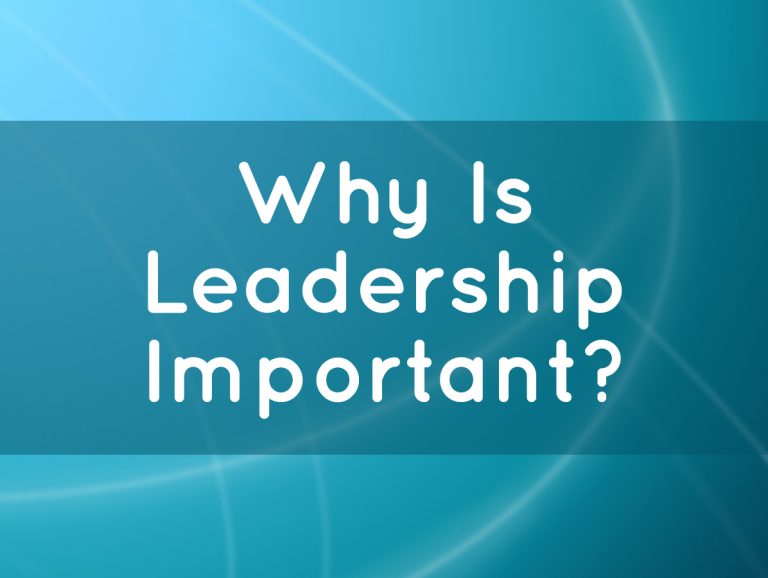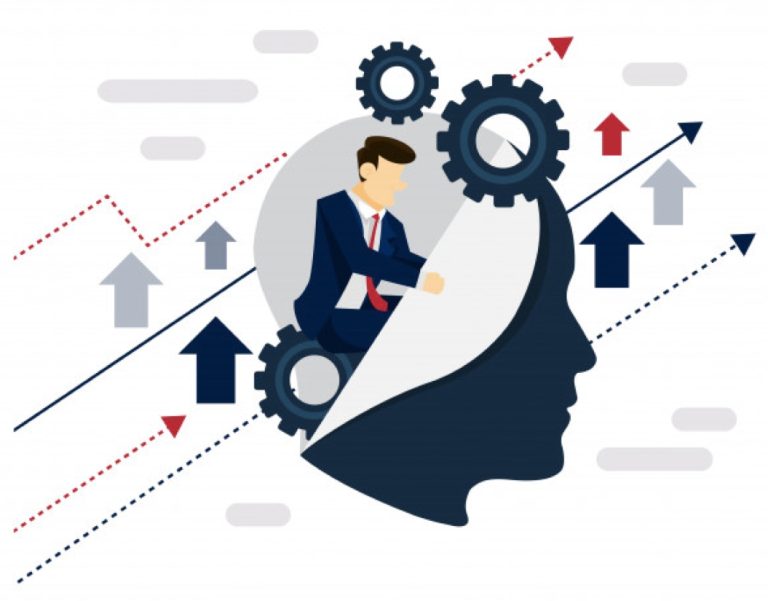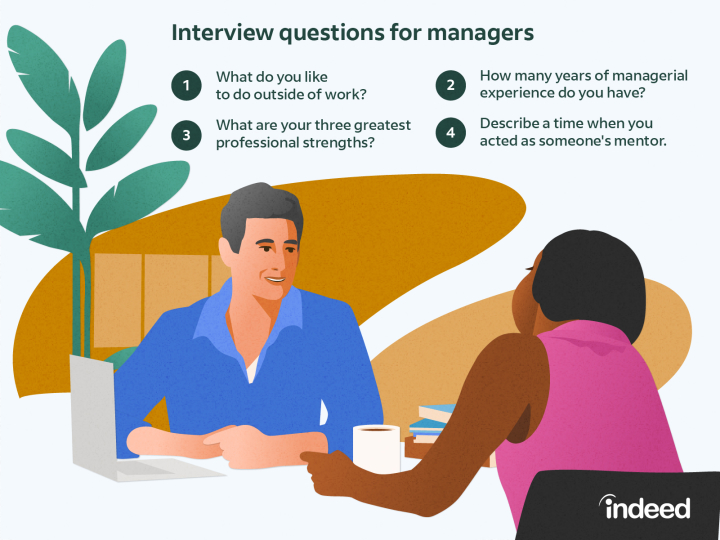What is an Example of Empathy? Understanding True Connection
Empathy means understanding and sharing others’ feelings. It helps build strong connections and trust.
Imagine a friend is sad after losing a pet. You listen, hug them, and share their pain. This is empathy. It’s about being there for others. Empathy goes beyond words. It’s about feeling what another person feels. It can be as simple as a kind gesture or a listening ear.
In our fast-paced world, empathy is vital. It helps us connect on a deeper level. Understanding empathy can improve relationships and create a more compassionate world. This blog will explore empathy through everyday examples. Let’s dive in and see how empathy shapes our lives.
Empathy Defined
Empathy means you understand and share another person’s feelings. It goes beyond sympathy. You actually feel what they feel. It’s like stepping into their shoes. You see the world through their eyes. Empathy builds strong connections. It brings people closer. It helps in understanding each other better.
Empathy has key traits. It involves active listening. You pay full attention to the other person. You avoid judging them. You try to understand their perspective. You respond in a caring way. Empathy requires patience. It needs compassion. It’s about being present. It shows you care.
There are different types of empathy. Cognitive empathy means you understand another person’s thoughts. Emotional empathy means you share their feelings. Compassionate empathy means you want to help them. All three types are important. Each one helps in different ways.
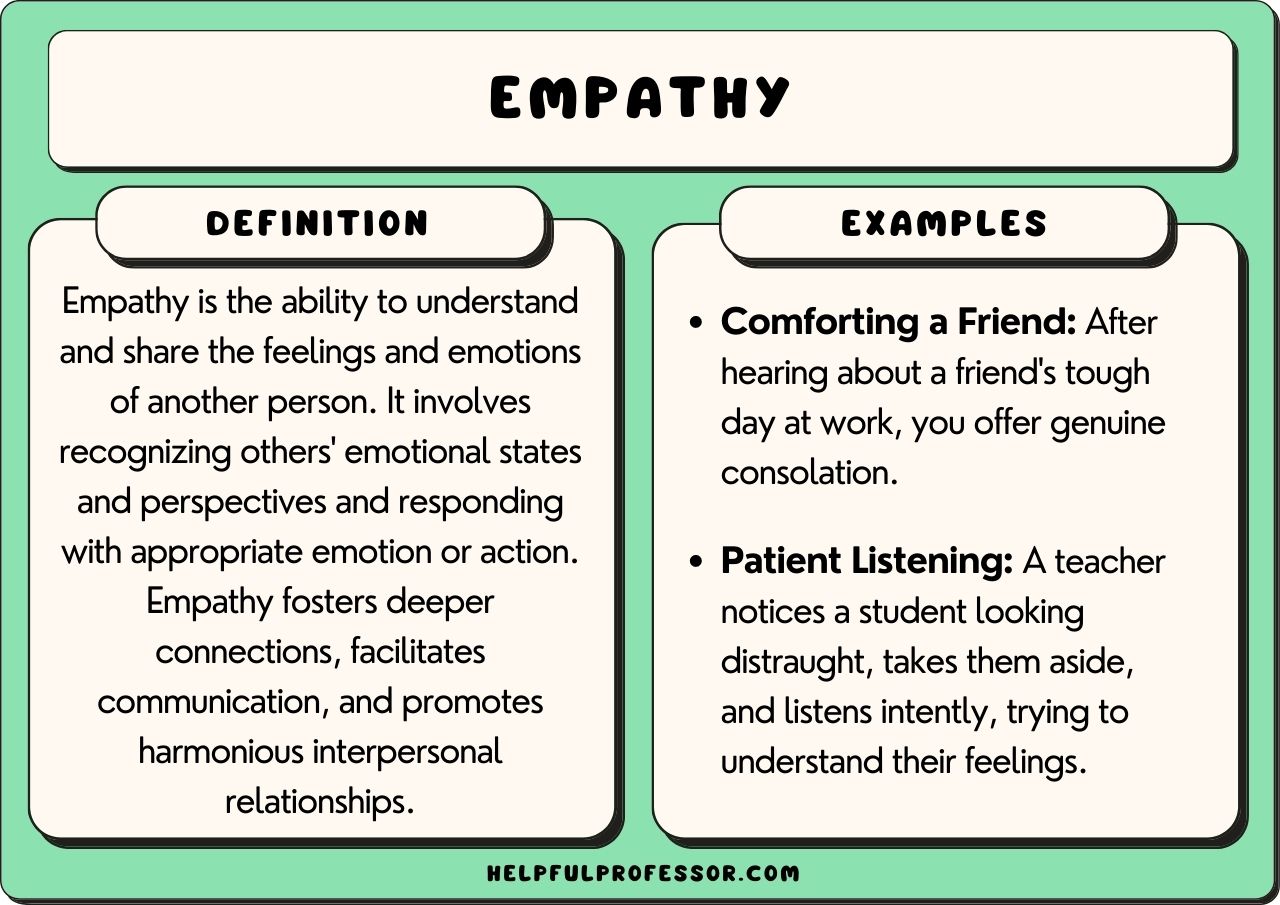
Credit: helpfulprofessor.com
Importance Of Empathy
Empathy helps build strong bonds. Friends support each other. They share feelings. When someone feels sad, a good friend listens. This support builds trust. Trust is key for any relationship. Listening and understanding are acts of empathy. These acts make relationships deeper.
Empathy is a part of emotional intelligence. It means understanding your own feelings. It also means understanding others’ feelings. This skill helps in many areas. People with high emotional intelligence often handle stress better. They also get along with others well. This makes empathy very important.
Empathy Vs. Sympathy
Empathy means feeling what others feel. You put yourself in their shoes. Sympathy is feeling sorry for someone. You care, but you don’t share their feelings.
Empathy builds closer bonds. People feel understood and valued. Sympathy can seem distant. It may not make the same connection.
:max_bytes(150000):strip_icc()/what-is-empathy-2795562_source_file-1102e99b63214d12ad63732278597497.png)
Credit: www.verywellmind.com
Real-life Examples
Empathy is shown in everyday acts. A friend listens to you when you are sad. They do not judge. They just listen. This makes you feel understood. Another example is a teacher who notices a student struggling. The teacher offers extra help. This support can change the student’s life.
Many famous people show empathy. Mother Teresa cared for the sick and poor. She showed love and compassion every day. Nelson Mandela fought for equality. He understood the pain of others. These actions inspired many people worldwide.
Empathy In The Workplace
Empathy helps team members understand each other better. It builds strong connections. People feel valued and heard. This leads to a positive work environment. Team members support each other more. Conflicts are resolved faster. Trust grows within the team. Overall, productivity increases.
Leaders who show empathy are more effective. They connect better with their team. Employees feel understood and appreciated. This boosts morale. It also reduces stress. Happy employees work harder. Empathy helps leaders make better decisions. It creates a supportive culture. Everyone benefits from this.
Cultivating Empathy
Active listening means giving full attention to the speaker. Focus on their words. Show interest by nodding and smiling. Avoid interrupting them. Ask questions to clarify. This shows that you care. Restate what they said in your own words. This confirms you understood. It makes the speaker feel valued.
Perspective-taking is imagining yourself in another’s situation. Think about how they feel. Put yourself in their shoes. This helps you understand their emotions. It builds a connection. Show empathy by acknowledging their feelings. Use phrases like “I understand” or “That sounds tough.” This helps them feel heard and supported.
Empathy In Different Cultures
Empathy looks different around the world. In Japan, showing empathy means understanding someone’s feelings without words. People often bow or smile to show care. Americans express empathy by saying, “I understand how you feel.” They use words to show empathy.
In Africa, elders teach empathy through stories. These stories help children learn to care for others. In India, people show empathy by helping each other in daily tasks. Sharing food is a common way to show care.
In Latin America, people express empathy with hugs. Hugging shows they care and understand your feelings. Each culture has its own way of showing empathy. But the goal is always the same. To connect and understand each other.
Challenges Of Empathy
Feeling too much for others can lead to emotional fatigue. This is when you feel tired and drained. Helping others is good, but it can make you exhausted. You might feel sad or worried all the time. Sometimes, you think about other people’s problems too much. This can affect your own mental health. You need to take care of yourself too.
Setting boundaries is important. It helps you protect your feelings. You can still be kind and caring. But you need to know when to say no. This keeps you from feeling too much. It makes sure you have energy for yourself. Remember to take breaks and rest. This way, you can help others better.

Credit: www.researchgate.net
Frequently Asked Questions
What Is An Example Of Empathy In Daily Life?
Empathy in daily life can be helping a friend in distress. Listening to their problems and offering support without judgment shows empathy.
How Do You Show Empathy To Others?
You show empathy by actively listening and understanding their feelings. Responding with kindness and offering support demonstrates empathy.
Why Is Empathy Important In Relationships?
Empathy is crucial in relationships as it fosters trust and understanding. It helps in resolving conflicts and building strong emotional bonds.
Can Empathy Be Learned Or Developed?
Yes, empathy can be learned and developed through practice. Engaging in active listening and putting yourself in others’ shoes helps cultivate empathy.
Conclusion
Empathy helps us connect deeply with others. It involves understanding their feelings. Simple acts of listening show empathy. Offering support during tough times builds strong bonds. Practicing empathy improves relationships. It fosters a caring environment. Remember, even small gestures matter.
They can make someone feel valued. So, start today. Show empathy in your daily life. It benefits everyone.
